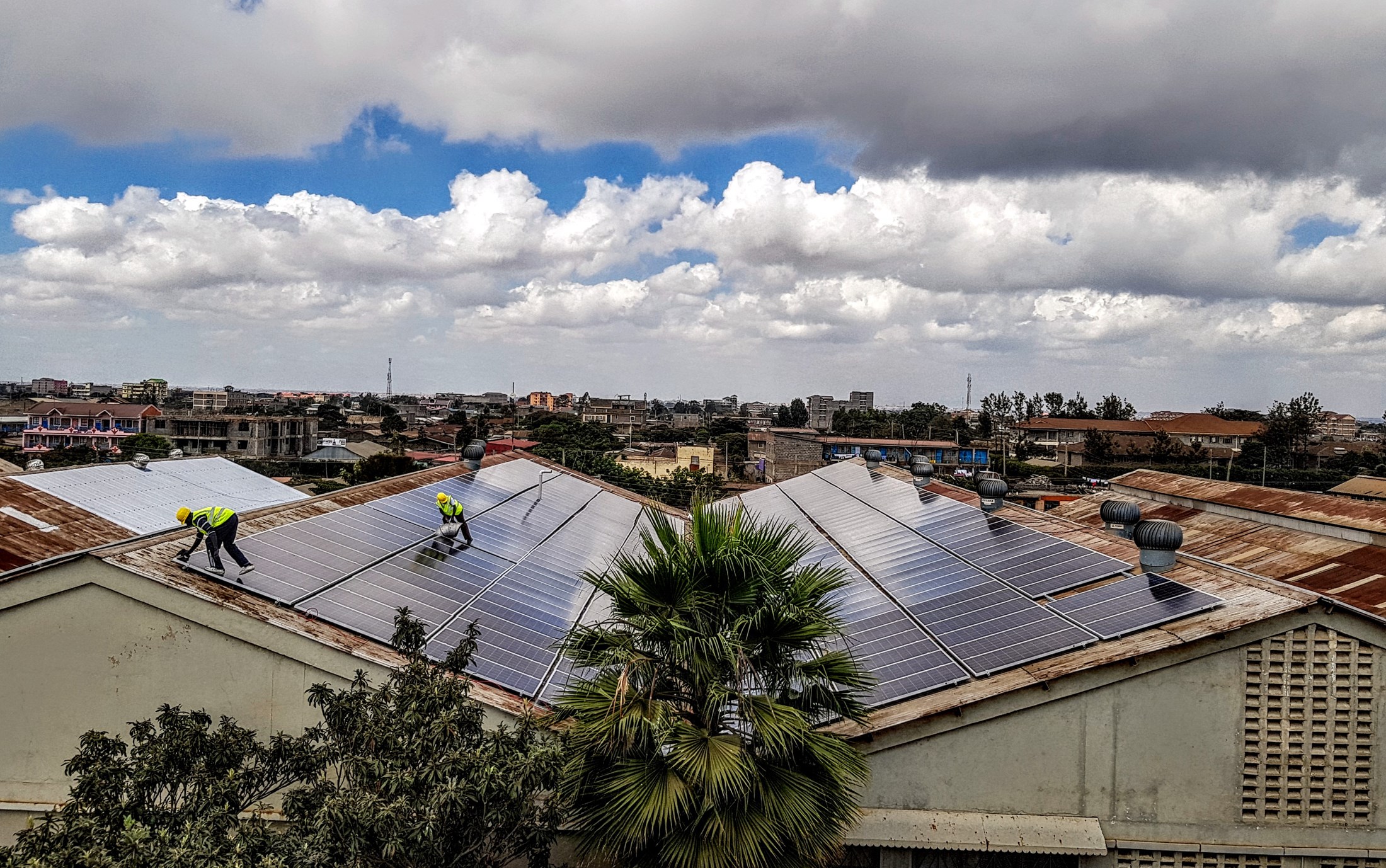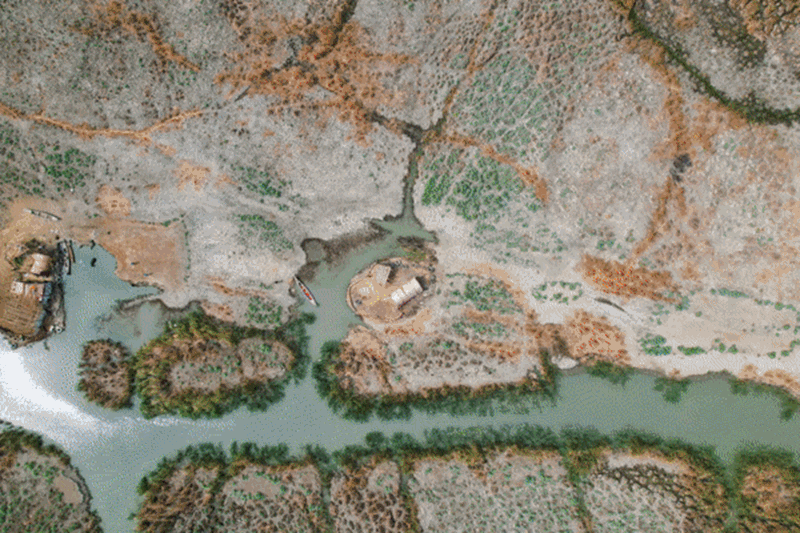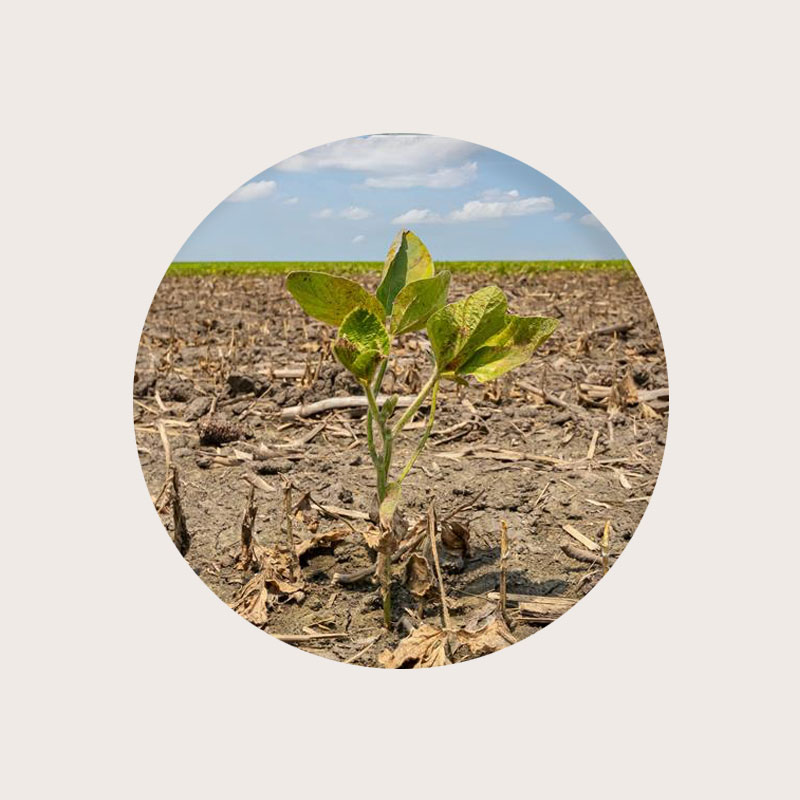We are in a climate crisis, which is also a health crisis. The urgency of our response is key to a safe and livable future for us and generations to come. The need to act cannot be overstated: prevention is better than cure.
Ample research has shown the devastating impacts of climate change on our health, including the rise of infectious diseases, disrupted food systems and pollution of the very air we breathe and the very water we drink.
No country is immune from the rising threats of climate change, and there is a disproportionate impact on the frontline and vulnerable communities like mine.
However, let me paint a vivid picture of our transformative potential through the story of a young woman, whom I met in Kibera, an informal settlement in Nairobi, Kenya.
She told me how indoor air pollution from using oil for lights had negatively impacted the health of her children. Burning oil for lights emit smoke and she said that the smoke from indoor oil lamps had been burning her children's eyes and making them cough.
That was until she was able to apply for a low-cost solar installation on loan. By getting access to a low-cost clean energy solution this was woman was helped to clean up her children's air.
Due to the climate induced extreme weather, my country, Kenya, has also seen a significant surge in cases of cholera due to lack of clean water and malnutrition caused by food insecurity. Pregnant women and children are hardest hit. Hungry mothers have told me how they couldn't produce enough milk to feed their babies due to extreme hunger, an emergency that was caused by climate induced droughts across the Horn of Africa.
This is why it is crucial to put health at the core of the climate justice dialogue and be inspired by the immense transformative potential of innovative and cross-sectional collaboration in affected regions.






